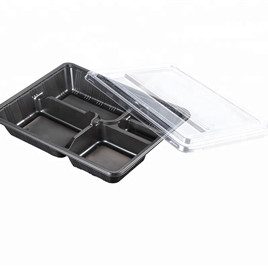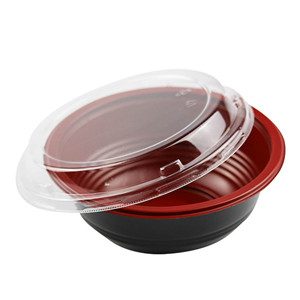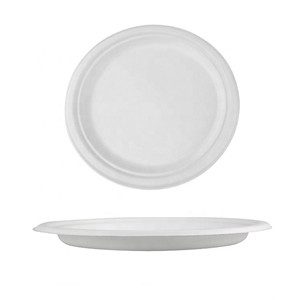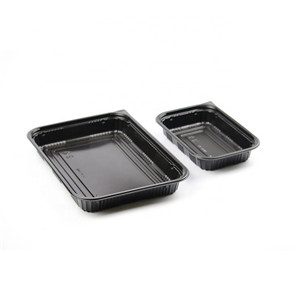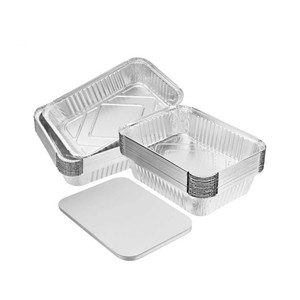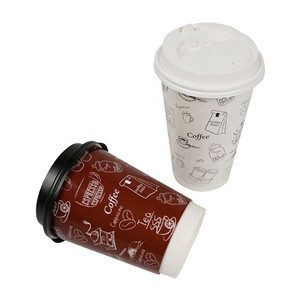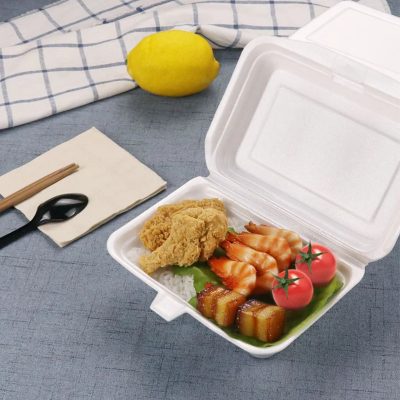Introduction: Foam food containers, also known as expanded polystyrene (EPS) containers, are widely used in the food industry for packaging and serving various food items. Despite their prevalence, some misconceptions exist about their composition and environmental impact. In this blog, we provide insights into foam food containers, exploring their composition, uses, and addressing sustainability concerns.
- Composition of Foam Food Containers Foam food containers are made from expanded polystyrene, a lightweight plastic material composed of 95-98% air and 2-5% polystyrene resin. The manufacturing process involves expanding polystyrene beads using steam, resulting in the characteristic lightweight and insulating properties of foam containers.
- Uses and Benefits Foam food containers are valued for their insulation properties, keeping hot food items warm and cold items chilled. Their lightweight nature makes them convenient for takeout and delivery services, reducing transportation costs. Additionally, foam containers are cost-effective, making them a popular choice for businesses looking for economical food packaging solutions.
- Environmental Considerations While foam food containers offer practical benefits, concerns about their environmental impact have been raised. EPS is non-biodegradable, and improper disposal can lead to littering and environmental pollution. However, it’s essential to note that responsible disposal methods, such as recycling and proper waste management, can mitigate these environmental concerns.
- Recycling and Sustainable Practices Several recycling facilities accept foam food containers for processing. Recycling involves compacting the foam, which can then be turned into new products like picture frames or insulation. Businesses and consumers can actively contribute to sustainability by participating in foam recycling programs and supporting initiatives that promote responsible foam disposal.
Conclusion: Foam food containers, made from expanded polystyrene, offer valuable insulation and lightweight properties, making them suitable for various food packaging needs. While addressing environmental concerns is essential, responsible recycling and waste management practices can enhance the sustainability of foam containers, making them a viable option in the food industry.


